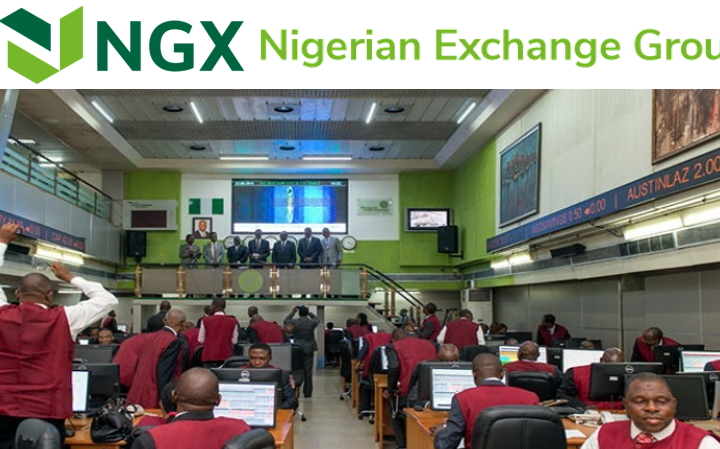The Nigerian Exchange witnessed a continuation of bearish trading on Thursday, leading to a loss of N252 billion for stock investors.
This downturn marks a cumulative loss of approximately N467 billion since trading resumed after the Easter holidays.
Join our WhatsApp ChannelThe market’s decline can be attributed to the recent announcement regarding an increase in the capital base of banks in Nigeria. This move, aimed at bolstering the financial sector, has prompted reactions from various stakeholders, including market analysts and investors.
According to Meristem Research’s banking sector update on the recapitalization, the Central Bank of Nigeria has provided banks with three options to meet the new capital requirements within 24 months. Most banks are expected to opt for rights issues as a means to raise the necessary funds.
“In response to the CBN’s policy, we anticipate a surge in capital market activities,” stated the report. “More banks are likely to explore rights issues and other capital-raising activities. Additionally, there is growing anticipation of potential bank consolidations.”
READ ALSO: Nigerian Exchange Market: Investors Gain N18trn In Q1 2024
The decline in the market was reflected in the All-Share Index, which dropped by 0.43 percent to 103,736.08, while the market capitalization depreciated by the same percentage to N58.65 trillion. Despite this overall negative trend, there were some sector-specific variations in performance.
The banking and industrial goods sectors experienced declines of 2.67 percent and 0.09 percent, respectively, while the insurance and consumer goods sectors saw modest gains of 0.43 percent and 0.46 percent, respectively. The Oil/Gas sector remained relatively stable.
Among the gainers were Morison Industries Plc, SCOA, and International Energy Insurance, each recording gains ranging from 9.72 percent to 9.84 percent. Conversely, C&I Leasing led the losers with a depreciation of 9.79 percent.
In terms of trading volume and value, Zenith Bank, Guaranty Trust Holding Company Plc, and United Bank for Africa emerged as the major drivers. Zenith Bank led both categories, with 161.68 million units traded, amounting to N7.03 billion across 527 deals.
The current market dynamics indicate a cautious sentiment among investors, with uncertainties surrounding the impact of the bank recapitalization on the broader economy. As the situation continues to evolve, market participants are closely monitoring developments and adjusting their investment strategies accordingly.
Emmanuel Ochayi is a journalist. He is a graduate of the University of Lagos, School of first choice and the nations pride. Emmanuel is keen on exploring writing angles in different areas, including Business, climate change, politics, Education, and others.


















Follow Us